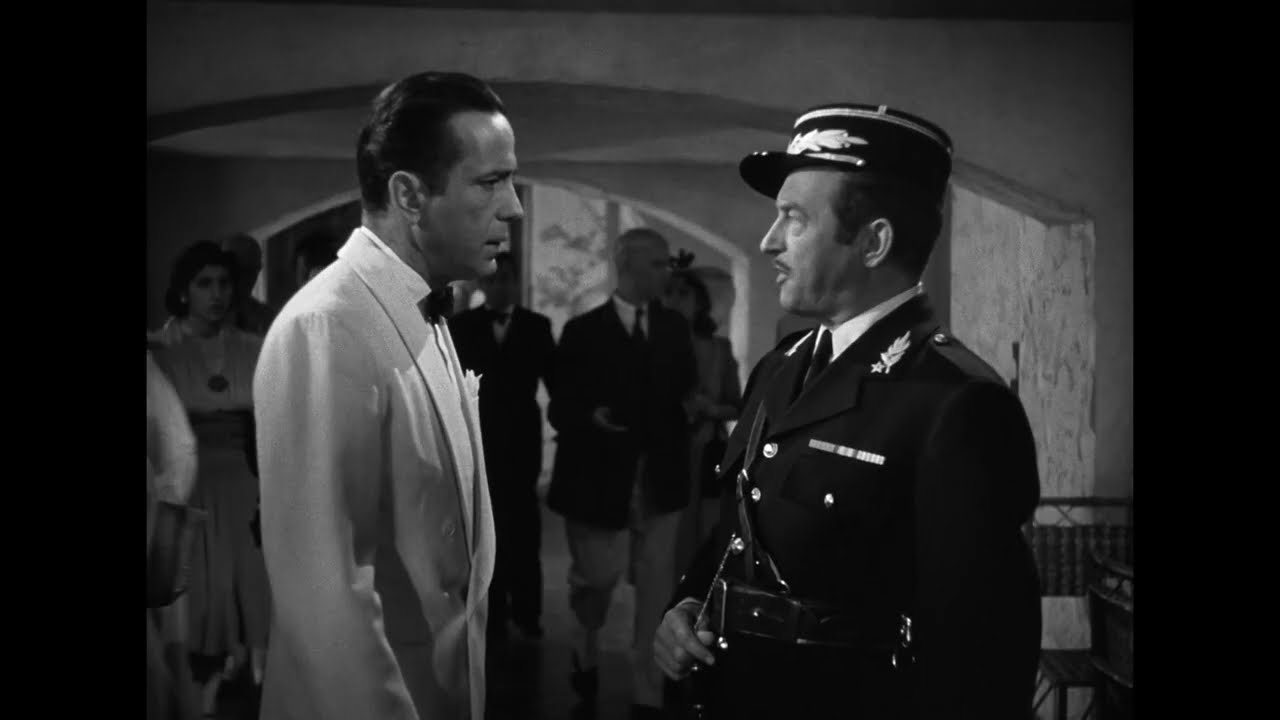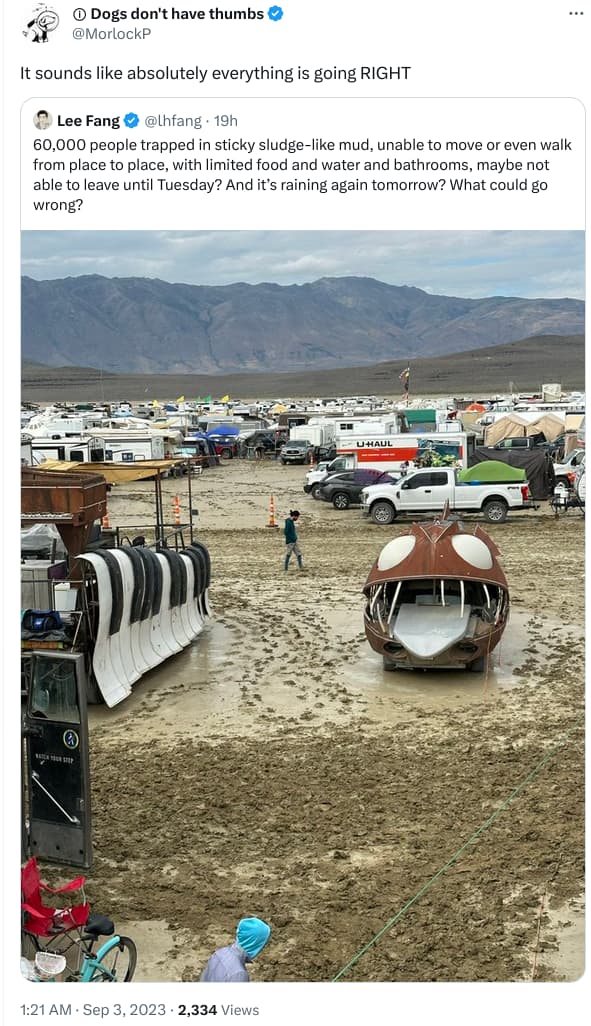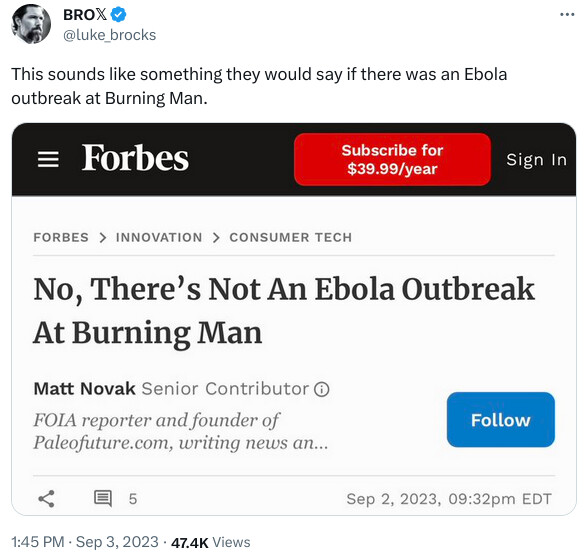WASHINGTON — A pension fund has filed suit against the board of directors of Amazon, claiming they “acted in bad faith” in approving launch contracts for the Project Kuiper broadband constellation that awarded billions of dollars to Blue Origin, the company founded by Amazon’s Jeff Bezos.
The suit, a public version of which was filed with Delaware’s Court of Chancery Aug. 28, alleges that Amazon’s board and one of its committees spent “barely an hour” reviewing contracts with Blue Origin and United Launch Alliance, whose Vulcan Centaur rocket uses engines from Blue Origin, before approving them in March 2022. Delaware Business Court Insider first reported the lawsuit.
⋮
According to the suit, Amazon management informed the board’s audit committee in July 2020 it was considering Arianespace, Blue Origin, ULA and a fourth company whose name is redacted in the public version of the complaint for launch contracts. The committee, the suit stated, “did not take any steps to oversee the negotiation process or to insulate the process from conflicts of interest.” [emphasis in original] Bezos, at the time, was chief executive of Amazon and remains its largest shareholder, while also owning Blue Origin.
The full board was briefed in November 2020 on plans for Project Kuiper, including its consideration of Blue Origin and ULA, among others, for launch contracts, which the suit said did not result in the board taking any action about potential conflicts of interest: “no guidelines, no oversight, and no expressions of concern.”
While the identity of the fourth potential launch provider is not made public in the suit, it does state that Amazon’s board was informed SpaceX was not under consideration. That included not just the overall launch contracts but a smaller interim contract that Amazon announced in April 2021 for nine Atlas 5 launches from ULA. While the value of the Atlas launch contract is redacted in the suit, it argues that SpaceX’s list price for Falcon 9 launches was significantly less.
⋮
The public version of complaint redacts many details about the launch contracts, including specific dollar values. It does state, though, that the combined contracts were “the second-largest capital expenditure in Amazon’s 25+ year history” after its $13.7 billion acquisition of grocer Whole Foods. Amazon’s second largest acquisition, of studio MGM in 2021, was valued at $8.5 billion.
While the suit redacts the contract values, it does state that nearly 45% of their overall value goes to Blue Origin, either through the direct contract between Amazon and Blue Origin or ULA’s purchase of BE-4 engines from Blue Origin to satisfy its own Amazon launch contract. Amazon has spent about $1.7 billion on those three launch contracts to date, including $585 million directly to Blue Origin.
Here is the public (redacted) version of the complaint as filed on 2023-08-28 in the Delaware Court of Chancery.
Now, for the best part, and why this qualifies for “The Crazy Years”. Who is the shareholder-plaintiff in this action, complaining “Amazon’s directors and officers consciously and intentionally breached their most basic fiduciary responsibilities”? Walt for it…the Cleveland Bakers and Teamsters Pension Fund. Well, I guess they’d know.



